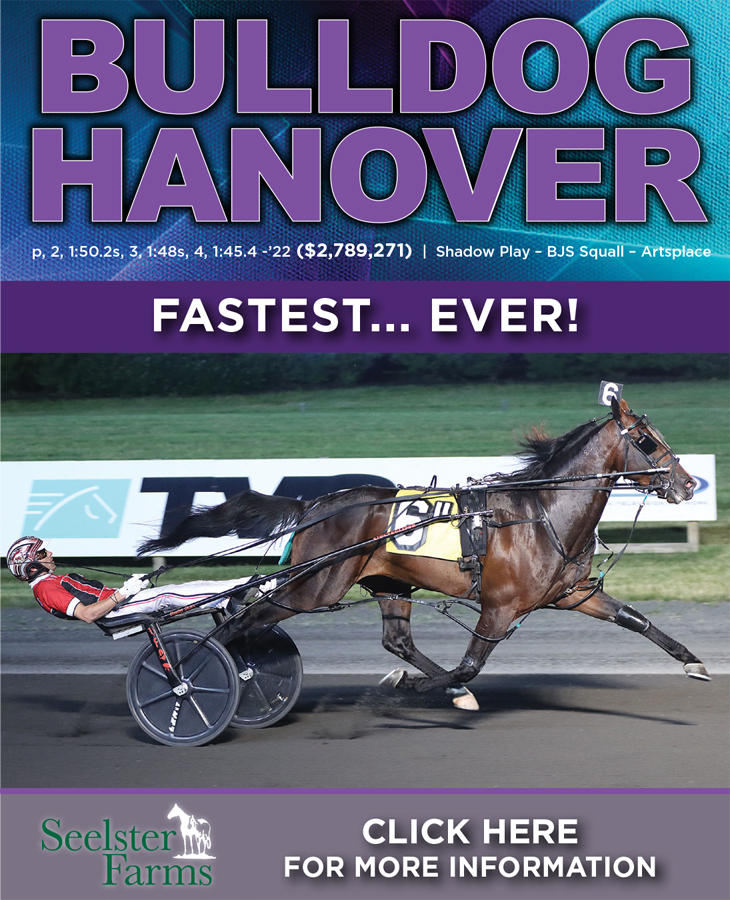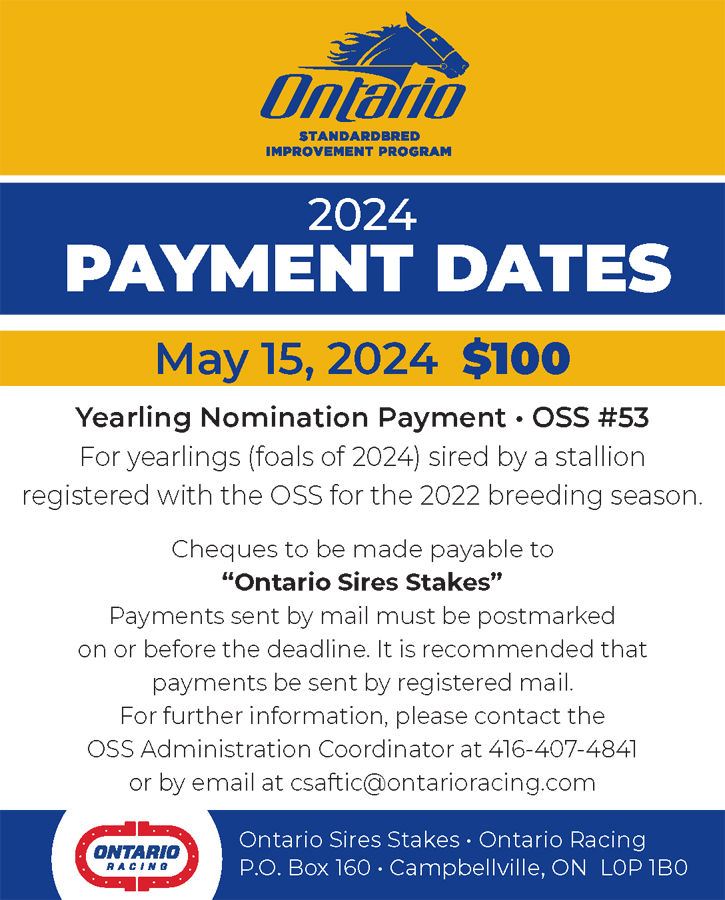

Trotting around North Carolina
by Trey Nosrac
I slid onto an empty bar stool next to an attorney named Richard Mathers. The Bar None, two blocks east of the Richmond County Courthouse, is the watering hole for the local legal crowd. Mathers, a skinny, cartoonish-looking fellow with a black pencil-thin mustache, is a distant cousin who regales me with courtroom antics. I call him “Legal” Mathers, a nickname I gave him that I am understandably proud of.
I opened today’s proceedings, “Southern states like North Carolina without harness horse racing have always annoyed me. Warm weather, rich in horse history, open spaces, but no harness racing is irritating.”
“You’ve got an obsession with this topic,” Mathers said. “We’ve talked about it before. The answer is State’s rights. Every State has a few quirky laws on the books.”
He grabbed his iPhone off the bar, swiped and tapped a few times, glanced at his screen and said, “I get a kick out of this site. It lists strange state laws. We would be in trouble if we were sitting in North Carolina because one of the weird laws on the books prohibits happy hours.”
“You’re kidding.”
“Nope, here are a few other North Carolina beauties on the books. A person can get a DWI riding a horse and borrowing your neighbor’s dog is illegal. You can’t collect your own reward money; you cannot serve alcohol at a bingo game and you cannot host a meeting wearing a mask.”
I shuddered, “Crazy, man.”
He shrugged, “At some point, for some reason, these state laws made sense to somebody. Perhaps one evening in 1971, a drunk guy wearing his Batman mask drove his horse Bingo down Elm Street and struck little Tommy Wilson. The town decided to pass a few laws at the next Town Hall meeting to prevent this from happening again.”
“I think those lawmakers may have been drinking.”
Cousin Legal continued to read his phone while I took a few swallows of my Bud Lite.
“Hmm,” he muttered, “Regarding your pet peeve about the horse racing ban in North Carolina, I found a technicality, a loophole. It is possible to wager on horse races in North Carolina.”
“You lawyers love your loopholes. Do tell my fine barrister.”
He read, “A 2019 law permitted the placement of retail sportsbooks in casinos’ sportsbooks located at the two tribal casinos in the western part of the state. The Eastern Band of Cherokee Indians owns the casinos, but Caesars operates them. So, it appears that, technically, bets on pari-mutuel horse betting are legal in North Carolina.”
“Could those casinos open a horse racetrack?”
Legal slowly stroked his mustache and rendered his verdict, “Possibly.” Then he returned to his phone screen, “As far as I can tell, no legislation regarding North Carolina sports betting bills is pending. All sports betting bills failed before lawmakers adjourned the 2022 session.”
I couldn’t help punning, “The Tarheel state remains stuck in the horse racing mud. What the heck is a Tarheel?”
He answered his question by once again tapping on his trusty phone and read, “To call someone a ’rosin heel‘ or ‘tar heel‘ was to imply that they worked in a lowly trade. Workers who distilled turpentine from the sticky sap of pine trees and burned pine boughs to produce tar and pitch went barefoot during hot summer months and undoubtedly collected tar on their heels. Calling someone a ’rosin heel‘ or ’tar heel‘ was considered an insult. During the Civil War, North Carolina soldiers flipped the term’s meaning and turned an epithet into an accolade. They called themselves ’tar heels‘ as an expression of state pride. The name stuck.”
“Cousin, I miss the days before Googling. Let’s get back to the subject of racing.”
He kept scrolling on his phone. “Non-gambling cracks are showing up on the Tarheel landscape. It is legal to enter fantasy sports competitions in North Carolina. The legislature did not pass specific legislation that regulates and taxes fantasy sports. Since the legislature did not outlaw FanDuel and DraftKings, they are in play and offshore sites are mostly unknown and illegal territory.”
I rapped my knuckles on the bar. “My gripe is that it seems like they are singling out horse racing. North Carolina has a basketball team, an NFL team, a hockey team and a bunch of college sports teams. If you loan me a thousand dollars, I could bet a thousand dollars tonight on the basketball game tonight. I concede the point that states can and do ban gambling. Although, with technology, this is like the ultimate game of whack-a-mole where the winner loses state revenue.”
He nodded. “Gambling laws were drafted long ago based on interstate commerce, which makes laws more complicated to enforce in our modern world.”
I asked, “If an individual wanted to build a racetrack and wants to run races, what would prevent this from happening? Where is the line? If North Carolina decides Big Macs harm citizens, are McDonald’s franchises prohibited from operating?”
“Things will change, maybe not in time for your dreams of harness horse racetracks in North Carolina, but money may soon bring additional gambling to North Carolina. For North Carolina politicians, the pressure from lobbyists is not going to diminish. Losing gambling revenue to your neighbor is challenging to defend. Technology will soon make the defense against gambling irrelevant. The walls are closing in fast.”
I slipped a ten-dollar bill beneath my empty bottle. I said, “When the dust settles, somebody should get in on the ground floor of a state like North Carolina with a business plan for a new state racing industry with jobs, revenue, tourism and agricultural use. The Tar Heels and horse racing marriage could offer a fresh start and be a unique play when the gambling gates open.”














